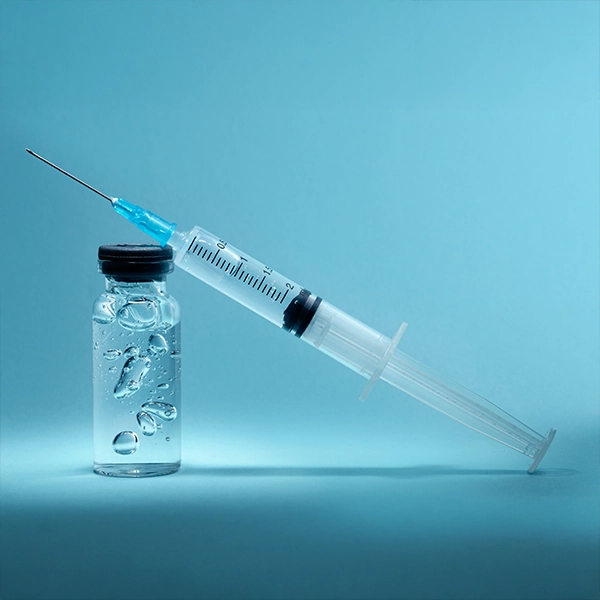What are Biologics?
Biologics are advanced medicines made from living cells. Unlike traditional chemical drugs, biologics are designed to target very specific parts of the immune system or disease process. They are often used to treat chronic and autoimmune conditions such as rheumatoid arthritis, lupus, Crohn’s disease, psoriasis, and multiple sclerosis.
Because they are acting on specific parts of the immune system, biologics can reduce inflammation, slow disease progression, and improve quality of life for many patients. However, they are usually expensive to develop and produce.
What Are Biosimilars?
Biosimilars are medicines developed to be highly similar to existing biologics once the original product’s patent expires. While not exact copies (as is possible with generic chemical drugs), biosimilars are proven to have:- The same active ingredients
- Equivalent safety and effectiveness
- No meaningful differences in clinical outcomes compared to the original biologic


What are the Key Differences Between Biologics and Biosimilars
Although both play important roles in modern medicine, there are a few differences patients should understand:
- Development – Biologics are the original, first-to-market therapies, while biosimilars are introduced after patents expire.
- Cost – Biosimilars are generally more affordable, increasing patient access to advanced treatments.
- Availability – Biologics may be limited by pricing or patent restrictions, whereas biosimilars expand treatment options.
- Naming – Biologics have brand-specific names; biosimilars are marketed under different but related names.
The Role of IV Infusion Therapy
Both biologics and biosimilars are often given through IV infusion therapy. Delivering these medicines directly into the bloodstream ensures precise dosing, high bioavailability, and consistent therapeutic results. Infusion centres provide a safe, monitored environment for patients receiving either treatment.
Why the Difference Matters for Patients
Understanding biologics and biosimilars helps patients make informed treatment decisions. Biosimilars, in particular, are expanding access by making advanced therapies more cost-effective without compromising safety or effectiveness. For patients managing long-term autoimmune or chronic conditions, this means:
- More treatment choices
- Lower healthcare costs
- Greater availability of life-changing therapies
How are Biologics and Biosimilars Used in Modern Care
As more biosimilars become available, healthcare providers are incorporating them into treatment plans alongside established biologics.For patients, this means a future with greater access to advanced therapies and more treatment options, delivered safely and effectively through IV infusion.
Biologics and Biosimilars Infusion Therapy at IV One
At IV One Infusion Centre, a trusted IV therapy centre in Riyadh, we specialise in delivering safe and effective infusion therapies, including both biologics and biosimilars. If you would like to understand your options or learn more about how intravenous therapy can support your condition, get in touch with us today to speak with our expert team.
Frequently Asked Questions
1. Are biosimilars as safe and effective as biologics?
Yes, biosimilars must demonstrate no meaningful differences in safety, purity, or effectiveness compared to the original biologic.
2. Why are biosimilars less expensive?
Biosimilars do not require the same research and development investment as the original biologic, making them more cost-effective to produce and offer.
3. How are biologics and biosimilars given?
Both are typically administered through IV infusion therapy or injection under medical supervision.
4. Will I notice a difference if I switch from a biologic to a biosimilar?
No. Clinical studies confirm biosimilars work the same way as their reference biologics, with equivalent outcomes.
5. Do all biologics have biosimilars available?
Not yet. Biosimilars are developed once patents on biologics expire, so availability varies depending on the medicine.


